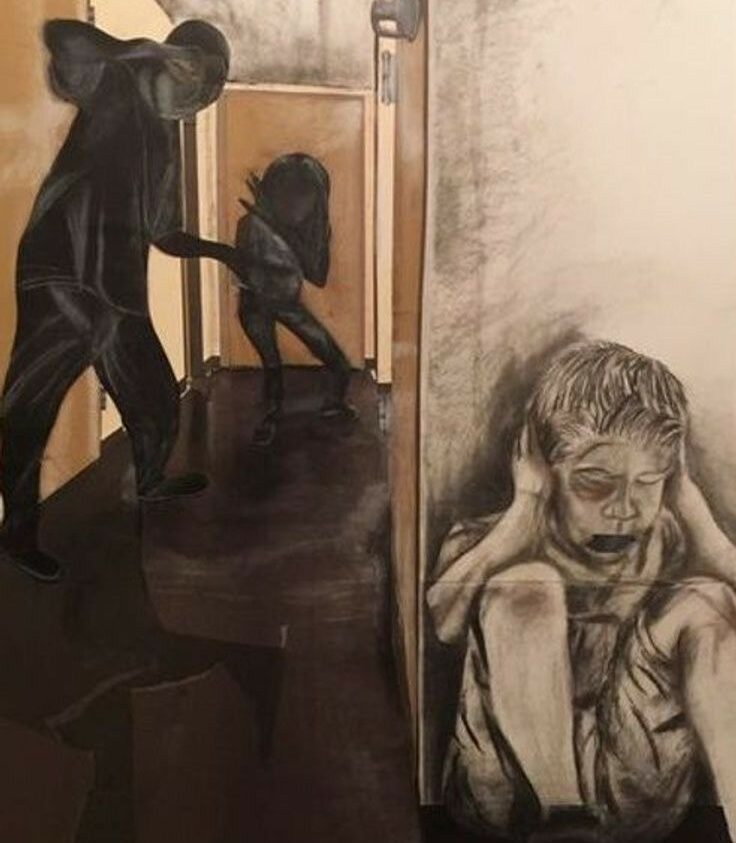
Abuse in the home: In conversation with Ms Jabu Mathenjwa
Written by Ubusha Bami
November, 21, 2023
Hello, hello, Parents of Ubusha. Welcome to the dual podcast-article series in which we have a sit down with experts on sexual and reproductive health, and related issues. In this series our experts draw on their work and experience to give us reliable, accurate and scientifically-based information in an easy to understand way.
In this month’s episode we talk about abuse in the home with Jabu Mathenjwa. Jabu is a professional social worker and pre-teen/teen life coach with extensive experience working with families and communities on domestic violence, gender based violence, bullying, human trafficking, and related issues. At present, coach Jabu is stationed at a police station as part of a social crime unit assisting with the process of victim reporting in a dignified manner, as well as providing necessary support.
We would like to thank coach Jabu for generously sharing her insights on this important issue. We hope parents, guardians and community members listening are now better equipped to support the adolescents in their lives through this crazy thing called life.
Do enjoy.
Key Points
- ‘Domestic abuse’ and ‘abuse in the home’ are used interchangeably.
- Abuse is seldom singular, one form of abuse often goes hand in hand with other forms e.g. verbal abuse can be paired with physical abuse.
- Some risk factors for abuse include childhood trauma of the abuser and present-life stressors like the risk of retrenchment from employment.
- Quality bonds between parents and child can mitigate against parent-to-child abuse.
- Substance abuse and alcohol abuse have been linked to physical and verbal abuse.
- The consequences of abuse go further than harm to the mind, heart and body – it also has drawbacks for future prosperity, academic success and relationships in and outside of the family.
- Pay attention to what your family tells you and how they act around you to get a sense of areas the family can work on to improve the inter-familial relationships.
- Seek out early intervention – speak to a counselor, life coach, mentor or social worker.
- Actively work on building strong and healthy relationships within the family.
- Report any forms of abuse, or suspicions of abuse, at your nearest police station.
Reference:
Image – https://pin.it/7hv7dmb